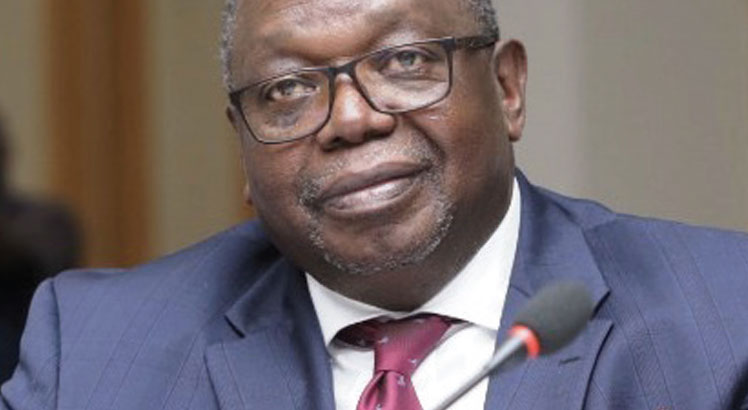RBM strategic plan misses set targets
The three-year Reserve Bank of Malawi (RBM) strategic plan has failed to meet its strategic objectives, falling short on almost all its set targets, it has emerged.
In line with its mandate to ensure price stability, RBM reviews its strategic plan every three years to ensure that it remains relevant and focused as well as responsive to the dynamic and ever-changing environment.

The 2019-21 strategic plan, which expired at the end of last year, shows that the central bank’s targets on key macroeconomic indicators such as inflation and foreign exchange reserves position performed below targets.
The data contained in the RBM’s Report and Accounts For The Five-Year Ended December 31 2021 shows that inflation rate, which was envisaged to remain in single digit at nine percent in 2019, seven percent in 2020 and five percent in 2021 increased to 11.5 percent by December 2021.
The data further shows that the domestic economy continued to be constrained by foreign exchange shortages where gross foreign exchange reserves fell short of the standard import coverage threshold of three months.
The bank projected gross foreign exchange reserves at four months of import cover in 2019, five months of import cover in 2020 and six months of import cover in 2021.
But RBM Governor Wilson Banda indicated in the report that the central bank is currently working towards bringing inflation back to single digits in the medium-term.
He said: “To achieve this, the bank has set out its path for monetary policy and will make any adjustments perceived necessary to support the attainment of this objective.
“The bank will also continue to support efforts aimed at diversifying the economy away from primary agriculture to improve the foreign exchange reserves position.”
With these efforts, the RBM has indicated in its current strategic plan, which runs from 2022 to 2024, that the official foreign exchange reserves will improve to at least three months of import cover while the exchange rate would be stable.
Commenting on the turn of events, economic statistician Alick Nyasulu Nyasulu said in an interview yesterday that the country’s macroeconomic environment continues to be vulnerable, citing rising inflation as cause for concern.
He said this calls for a reflection on policy issues.
Malawi University of Business and Applied Sciences associate professor of economics Betchani Tchereni said the country needs to focus more on local production to counter foreign exchange shortages, which have been fuelled by the country’s huge appetite for imports.
“We encourage investment in productive sectors such as the mega farms project, cannabis production and mining as these will bring in the much-needed forex in the country,” he said.
Malawi’s inflation rate is fast rising triggered by the 25 percent devaluation of the kwacha in May this year.
Meanwhile, National Statistical Office data shows that headline inflation rate for September stood at 25.9 percent, double the January inflation rate of 12.1 percent.
On the other hand, Malawi’s foreign exchange reserves continue to be under pressure, with latest figures showing dwindling gross official reserves to $326.06 million (about K337 billion), which is an equivalent of 1.3 months of import cover as at the end of October this year.





